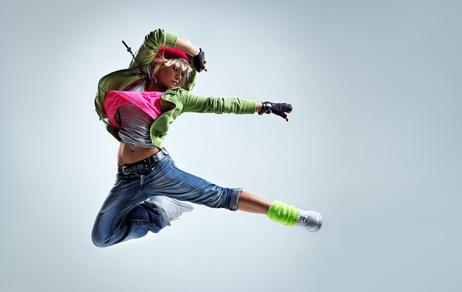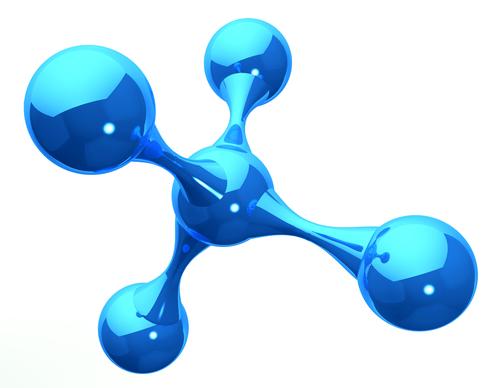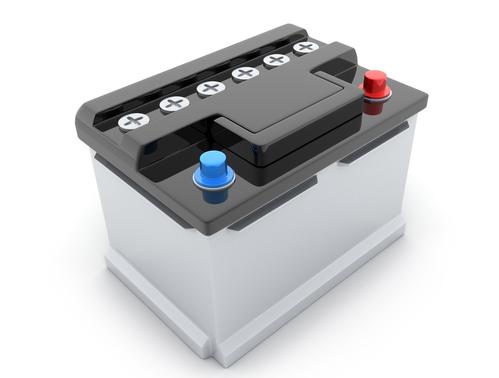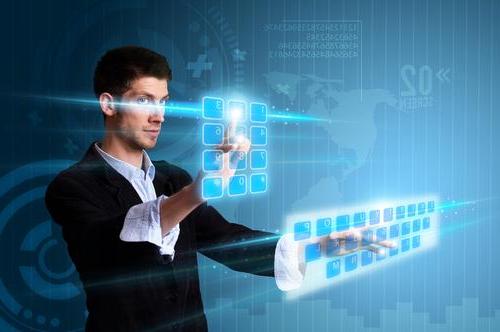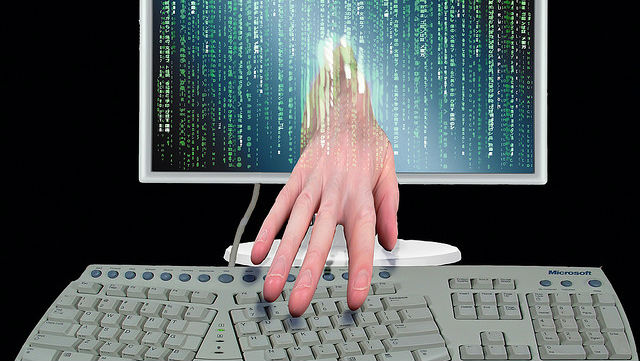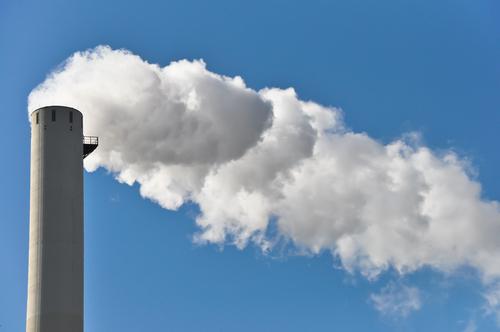Surprising Science
All Stories
Your clothes may become the medium through which all the world’s electronic devices are connected. Soft screens woven into fabric may mean one less thing you must carry with you.
Nature always seems to get it right first. New research and computer modelling carried out at MIT suggest spider webs could inspire advances in engineering and online security.
Nanotechnology is working to keep your electronic devices from overheating, improving efficiency and extending their life. Machines as large as electrical transformers stand to benefit.
When it come to renewable energy, portable electronics or electric cars, storing energy is a must, and the more we can store, the better. Batteries are essential to sustainable energy.
America’s most powerful physics experiment, the Fermilab particle accelerator in Batavia, Illinois, is planning to test the results of a European experiment that claims to have seen the impossible.
A machine that uses mathematics to compile videoclips, voiceovers and pieces of music has some raving and others crying fowl. But does this random cinema better approximate life?
What if all the study habits you were taught in school are wrong? Psychologists now say not to take notes, to stop studying for extended periods and to study in many different places.
The notion that we have a three-dimensional map inside our heads is an illusion, says a British neuroscientist. Instead, we locate our surroundings along horizontal and vertical planes.
Even people hailed as geniuses have plenty of mediocre and outright terrible ideas. What separates them from the rest is their ability to filter the good from the bad. How do they do it?
The digital age is transforming medicine, making more data available to more people. The risk is that too much information can result in over-correcting health problems which don’t exist in the first place.
People with narcissistic personalities show greater levels of stress hormones in their bodies, according to new research. In the long run, that can mean higher rates of heart disease and hypertension.
In a preliminary study, two patients have reported better vision after doctors injected stem cells into their eyes. The study is set to be expanded, using larger doses of stem cells.
It is a horrible irony when many of the world’s farmers, supplying food to local and global markets, are themselves on the verge of starvation, says Gates. We need another green revolution.
Researchers have ‘cloaked’ a three-dimensional object, making it completely invisible for the first time. The research on microwave light could carry over into the visible spectrum.
A California-based insurance giant has released an app that will allow its nine million clients to access their medical records on Android OS. The iOS version is coming in a few months.
Scientists at a British university have created the world’s first soap sensitive to magnetic fields. The product could could calm concerns over the use of soaps in oil-spill clean ups.
In about five billion years, scientists estimate, the Earth will be engulfed and burned up in the expanding radius of the Sun as it evolves into its slightly cooler but much larger phase.
In the last four months, three large spacecraft have fallen to Earth, including a Russian probe loaded with toxic fuel. As low-Earth atmosphere gets more crowded, who is looking out for us?
The largest solar storm since 2005 has engulfed the Earth, surrounding it in solar radiation capable of disrupting satellite communication. This time, however, the Earth seems to have lucked out.
Some recently unearthed data sets allowed scientists to examine how genetics affect cognitive decline as part of the aging process. Genes are influential but not determinative.
Exercise is practically essential to good health but scientists have not understood why until recently. Physical exertion, it seems, helps recycle worn-out proteins that poison the body.
Under the first major modification in 17 years to the manual that defines mental disorders, definitions of autism, Asperger syndrome and developmental disorder will be brought together.
A new mobile app that securely sends video and audio to cardiologists has helped diagnosis patients before they get to the hospital, meaning they receive better care when they arrive.
People in a romantic relationship are generally healthier than those who are not. But when it comes to marriage, just living with your loved one, without the certificate, may prove healthier.
If you ever want to make even the most cosmopolitan of your friends speechless, telling them you have volunteered to travel to Newark, New Jersey, so you can masturbate to orgasm in an fMRI is a great way to start. Once they overcome the shock, chances are they will start to ask questions. Most I was able to answer.
French physicists have successfully prevented instabilities from developing in plasma needed to run a fusion reactor, a potential source of endless and clean energy for the planet.
The information age has already touched most industries, disrupting the flow of goods and services. With the ability to track and aggregate massive amounts of patient data, health care is next.
New York Times technology columnist David Pogue says to predict future technologies, focus on what is possible rather than what isn’t, and extrapolate from the behavior of young people.
The US and China are stuck in a stalemate when it comes to cyber security and hacking. That’s because the US is as much an aggressor as it is a victim.
A Q&A with Adam Segal, counterterrorism and national security expert at the Council of Foreign Relations.
China is continuing to take strong action to avert climate change by making its economy more efficient. The country’s carbon emissions will soon be linked to its GDP growth.
